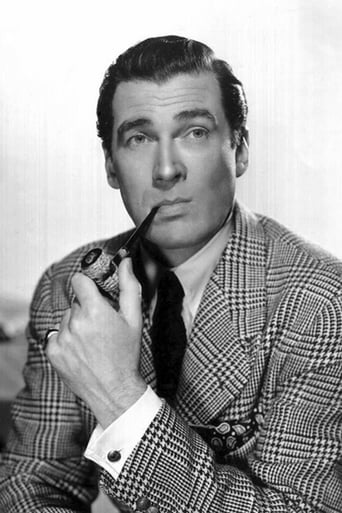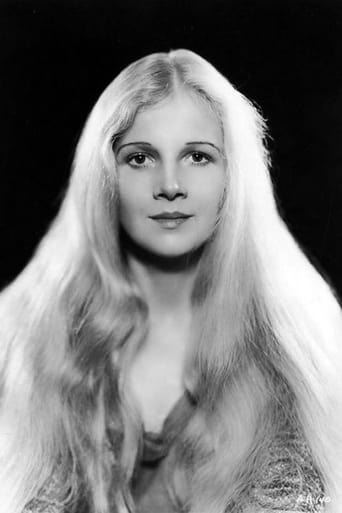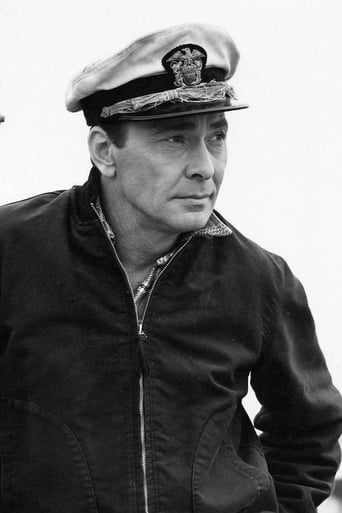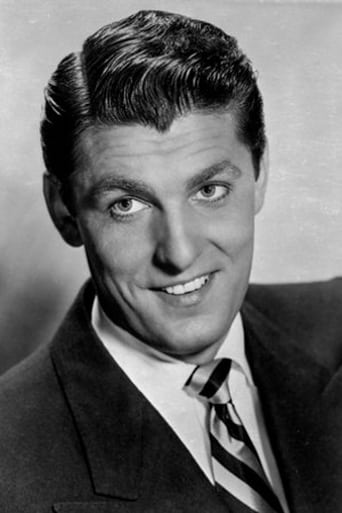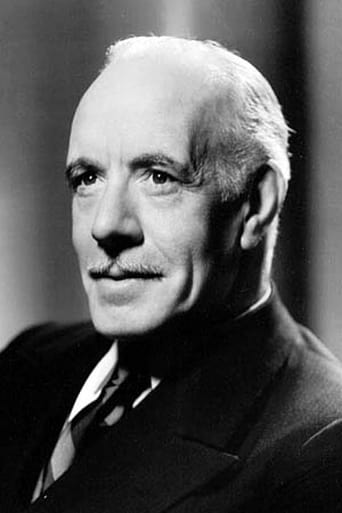VividSimon
Simply Perfect
AnhartLinkin
This story has more twists and turns than a second-rate soap opera.
Bob
This is one of the best movies I’ve seen in a very long time. You have to go and see this on the big screen.
dougdoepke
Those early scenes between DA Sullivan and attorney Pidgeon are beautifully played. Note how subtly a competitive sense is conveyed, along with professional respect and perhaps mild dislike. So when Pidgeon decides to take Wallchek's (Braselle) case and challenge the DA, we understand why. Pidgeon is excellent throughout. His resonant voice and dignified bearing suggest that Old Testament worship of the law that drives Brad's character. Ditto Sullivan's first-rate performance. Nonetheless, his DA takes a more pragmatic view of the law, one that's importantly tempered by reality.Too bad the rest of the movie doesn't measure up. Crime dramas whether noir or procedure were simply not MGM's strong suit. LB Mayer's philosophy was escapism and celebrity stars, and not even new production chief Dore Schary's background at gritty RKO could modify the entrenched tradition. Director Thorpe was one of Mayer's favorites because of his ability to complete projects under-budget. Unfortunately, that style-less efficiency is on bland display here as the scenes unfold in strictly mechanical fashion. Crucially, there are no visual (noirish) counterparts to Pidgeon's moral dilemma. Then too, the screenplay apes fashion of the day by needlessly involving a "Mr. Big" as the invisible mastermind behind crime in the city. Thus, what starts out as a very real legal dilemma—exonerating a guilty man and what to do about it—evolves into a contrived storyline, not helped by a highly contrived climax in the prison cell. That compelling premise really does deserve a more thoughtful, less tricky, development than what it gets here. Then too, once you think about it, I'm not sure how well the scales of justice actually balance, contrary to what the final scene appears to imply. Anyway, two fine performances are largely wasted in what another reviewer aptly calls a minor film.
MartinHafer
Walter Pidgeon plays an attorney who is persuaded to defend a man accused of murder. This is odd, as Pidgeon is NOT a defense attorney but is still a well-respected lawyer. When he is able to obtain a not guilty verdict, he is horrified to find that the man was guilty after all--and he'd been suckered into using his good name to get the acquittal.Later, when Pidgeon is talking about this case with a friend, he tells the guy that the murderer is part a larger organized crime scheme. And, in a twist, the friend turns out to be the leader of this mob--and rubs it in Pidgeon's face. In a fit of anger, Pidgeon kills the man and frames his client in the process.So far, this is great. I like the idea of a lawyer acting on what is morally right and committing a murder. However, from this point on, Pidgeon's character just muddles his way through the film--doing a really goofy job in the process. Although he set up the murderer to take the rap for the second killing and he knows that the guy is a hardened killer, he inexplicably agrees to defend him once again! And, instead of doing a sane job, he just kind of muddles about and casts much of the suspicion on himself! What is going on here?! Pidgeon's character changes his motivation so often, you'd swear he had Multiple Personality Disorder! As a result of this very weak character, the film ultimately fails--despite starting off with such a wonderful premise.Overall, an interesting time passer that really doesn't make a lot of sense. Too bad.
Nicholas Rhodes
An excellent film on all counts, and especially on the side of the script. The little I have seen of Walter Pidgeon has convinced me that this man must have been in his time a great and imposing actor ! You are kept on tenterhooks throughout the film right up till the end. In addition, Pidgeon's voice was magnificent and deep, you just don't hear voices like that now. Unfortunately not available on video anywhere like so many of the great old films. Let us hope this situation will be remedied in the coming years !
bmacv
Prominent attorney Walter Pidgeon takes a murder case pro bono, wins an acquittal and discovers that his client (Keefe Braselle) was not only guilty but part of an extortion ring reaching to the highest eschelons of the city. Panged by his own complicity, he undertakes an investigation, stumbles onto the identity of the "unknown man" who heads the syndicate, and murders him.The ironies engage when Braselle is charged with this second murder and Pidgeon must defend him by pointing to the existence of another "unknown man" -- himself. Though somewhat short of urban grit and long on rhetoric, the Unknown Man belongs to the noir cycle less by style or structure than by its acknowledgement of the pervasive corruption of American municipal politics that came to light in the postwar years.
